Last year, the Miami Open211 project set out to demonstrate that an information-and-referral helpline operator can evolve into a ‘platform’ — providing ‘open data’ about community resources as a service to its community — in ways that both expand impact and enhance sustainability.
This project was Open Referral’s first formal pilot with a 2-1-1 provider.
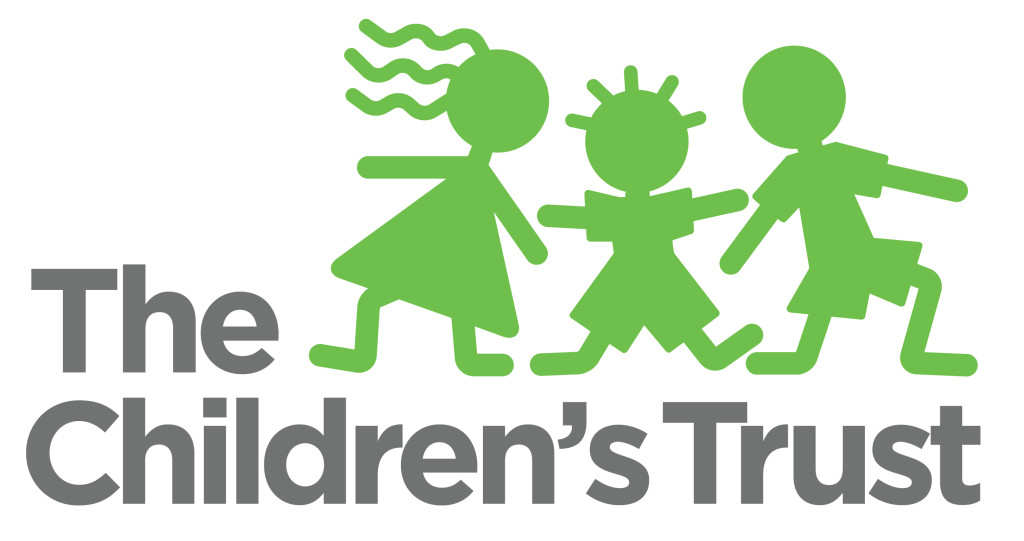
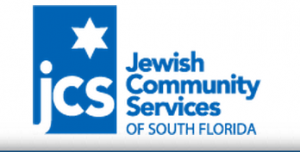
Last week, we submitted the final report for this first phase of innovation. Many thanks to the Children’s Trust of Miami-Dade County, which funded our experiment, and Jewish Community Services of South Florida, the new steward of Miami-Dade’s 2-1-1 service. With their blessing, we are excited to share our findings with the Open Referral community.
See the Final Report document here.
And check out a summary of our key accomplishments below.
§
Our first step was to transform Miami-Dade 2-1-1’s resource directory data into ‘open data’ (usable by anyone, in any system) via the Human Services Data Specification.* We deployed this open data into an instance of Ohana, Code for America’s open source resource directory API.
Then, we built a new, open source ‘developers portal’ that provides documentation and guidance for people who want to use this platform to get 2-1-1’s data, build applications, integrate systems, etc. This ‘developers portal’ can now be freely redeployed on Ohana or any Open Referral-compliant API.**
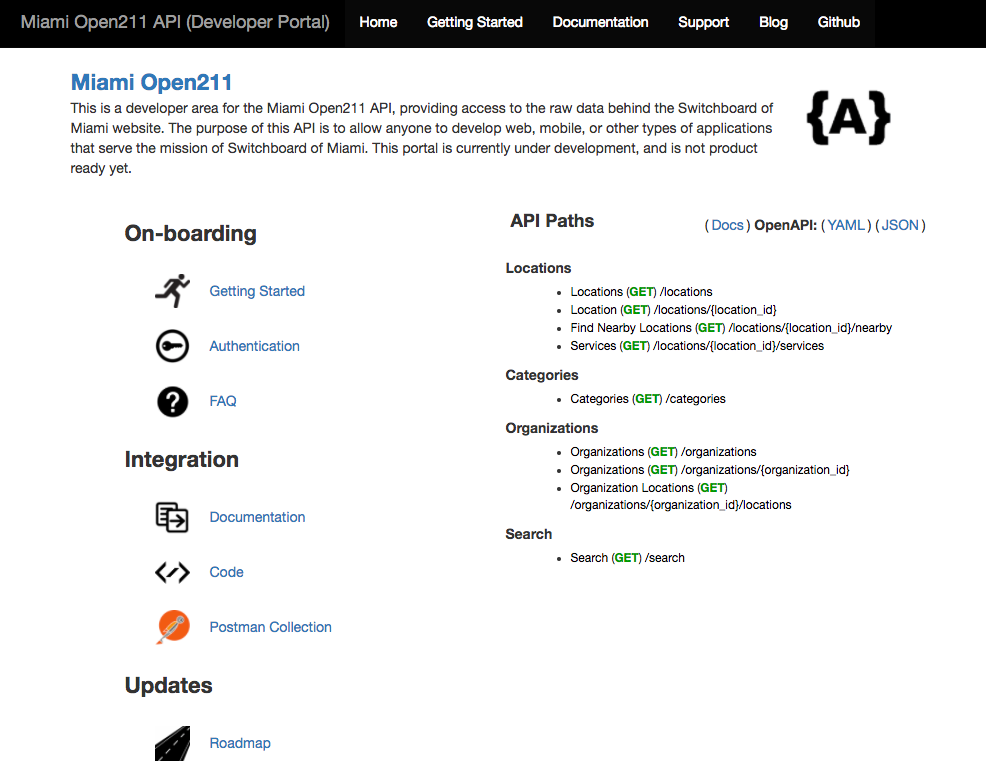
Next, we developed a new, open source front-end application to enable basic searches of the 2-1-1 database.
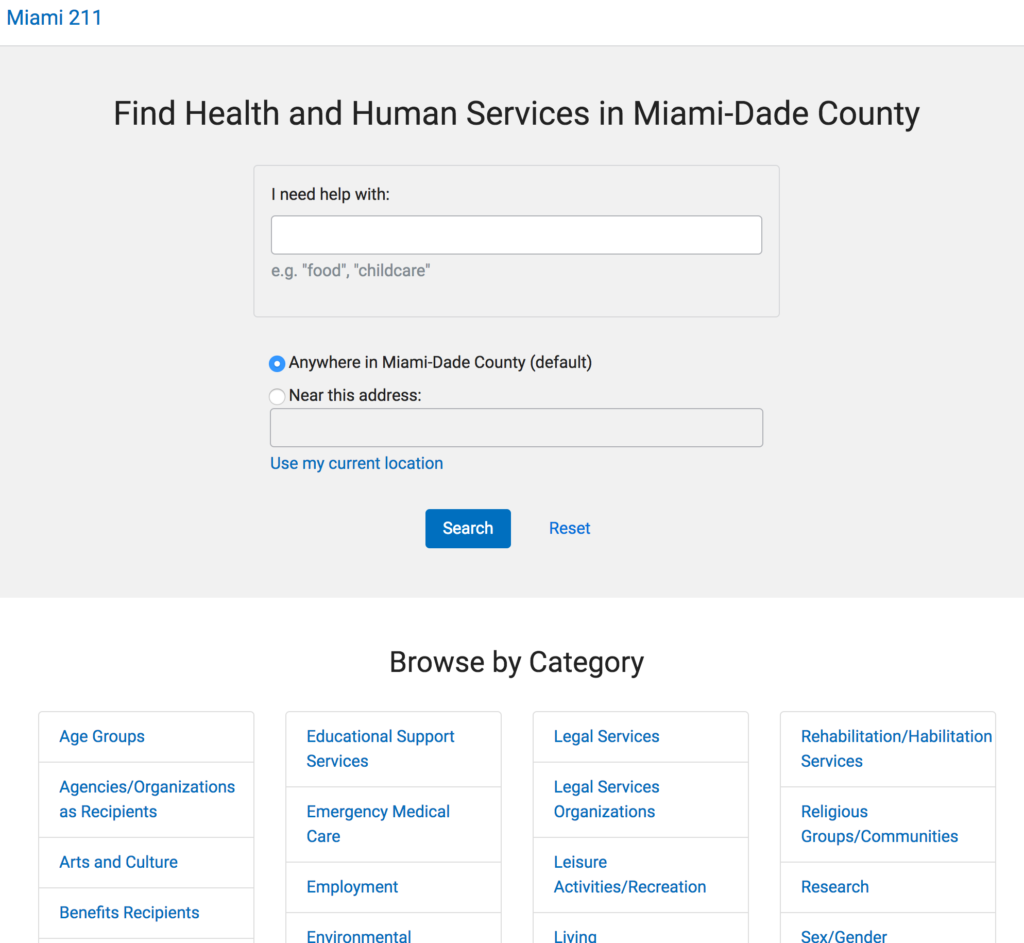
Built by local development firm Mangrove Labs, in partnership with Code for Miami, this application is similar to the Ohana Web Search, yet simpler in some key respects — and it received more favorable user feedback over a series of tests by the Miami Citizen User Testing Group. (The site is not currently for public use; rather, it’s primarily intended to demonstrate that making resource data available via standardized API will help decrease the costs and accelerate the process of developing new interfaces that help people find and use this information. You can see and fork the code here.)
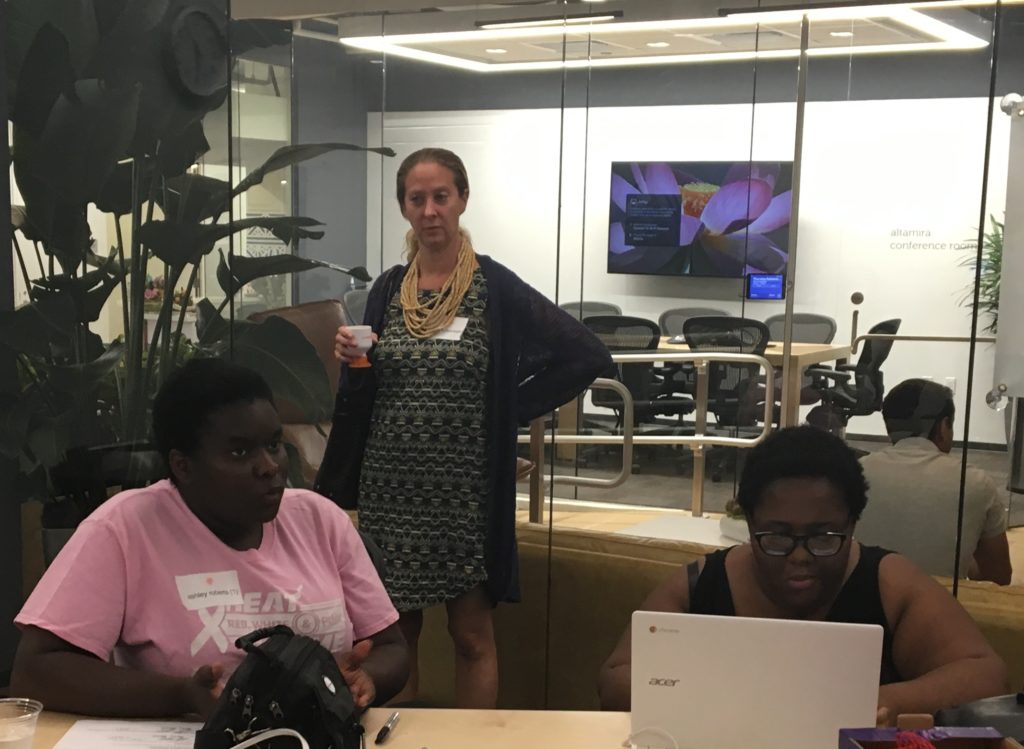 Testing the Miami211 prototype at the Miami CUTGroup.
Testing the Miami211 prototype at the Miami CUTGroup.
Finally, we conducted a market analysis to assess the prospective sustainability of this open platform. This market analysis is perhaps the most important component of the Miami Open211 pilot project, so we’ll share some key details here.
§
Through interviews with a broad range of stakeholders across Miami and the field, we identified a consistent theme: there is clear demand in the community for frequently-updated, reliably-available resource data as a service — and 2-1-1 can be positioned to meet this demand.
However, our interviews also suggest that 2-1-1 will need to increase its capacity to update resource records at a more frequent pace. Currently, Miami’s 2-1-1 has approximately one and a half full-time employees updating its records at a rate of once per year; we estimate that this might need to increase to three employees updating records at least twice per year. That is a significant cost.
So our key question is: if 2-1-1’s resource data should be both provisioned as a ‘free’ public good, and also actively maintained as a canonical source of verified information, how can that arrangement be sustainable?
Our hypotheses posit that Miami’s 2-1-1 can best become sustainable by ‘going open.’
This might seem counter-intuitive to some, since we’re talking about ‘giving away’ data that costs money to maintain. However, as people in this field know all too well, most people and organizations need a lot more than “just the data” — they need too and as a 2-1-1 attracts more users, it also generates more prospective customers who might be interested in various kinds of ‘value-added services’
We identified a range of plausible models by which 2-1-1 (or any local referral provider) could make resource data openly available while generating sustainable revenue through services that add value to that open data. For example, most institutions that we interviewed could run tests with a basic, open API — but they would not be able to operationalize it as such. Rather, these institutions will need ‘service-level guarantees’ that contractually ensure a certain frequency of updates, uptime, and tech support for example. Furthermore, several stakeholders were interested in additional offerings such as ‘premium’ features (like ‘whitelabeled’ websites, custom filters, etc), technical assistance, and usage analytics.
Check out our hypothetical ‘open platform business model’ outlined in the Final Report.
§
This is just a first step in a long process. Each of these components will need to be tested and honed before Miami Open211 becomes fully established as a platform. We will continue to support our partners in Miami through this period of transition — and we are also eager to discuss this process with other local referral providers who are looking to expand their impact while becoming more sustainable. Please be in touch with any questions or suggestions!
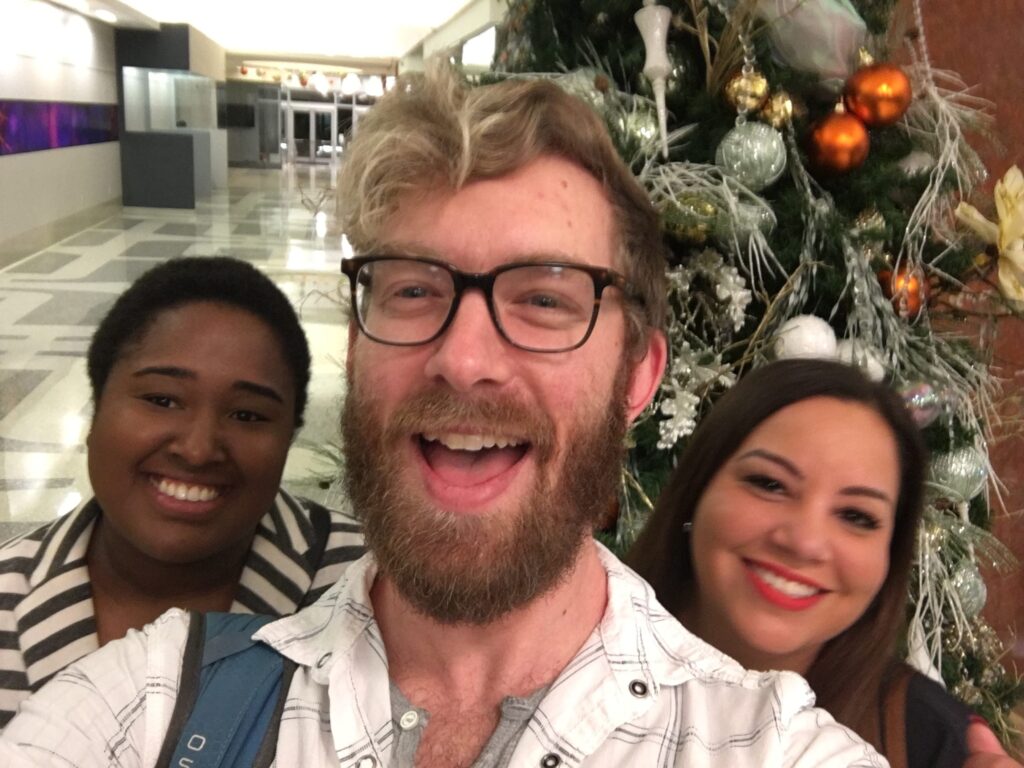
*This Miami Open211 process also helped the Open Data Services Cooperative test our HSDS format and develop proposals to upgrade it to its current iteration, at 1.1. Great work, folks!
**This new developers’ portal is now the baseline reference implementation for our just-launched OpenAPI specification initiative. Thanks to Kin Lane, the API Evangelist, for his ongoing leadership on the development of our API specification and tools.

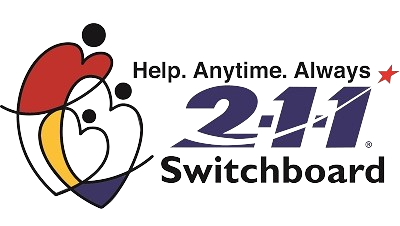
Leave a Reply